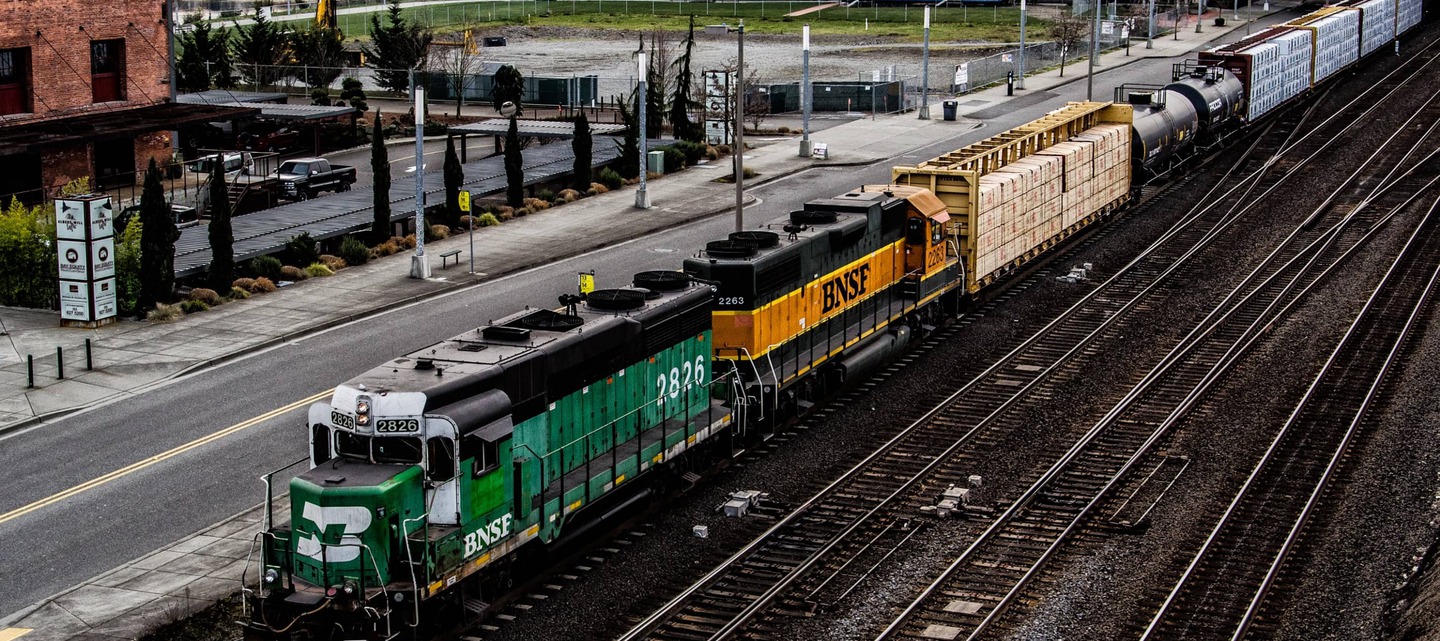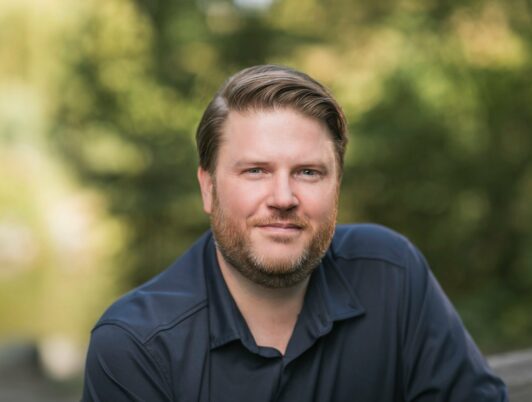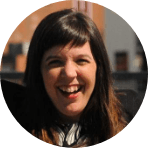
The Tacoma Media Landscape with Erik Hanberg


Get Personal Guidance
MovetoTacoma.com founder Marguerite has been a real estate agent in Tacoma since 2005. She knows Tacoma neighborhoods and she knows local real estate agents. She can connect you to agents who are experts in the neighborhood you're looking in, at no cost to you!

